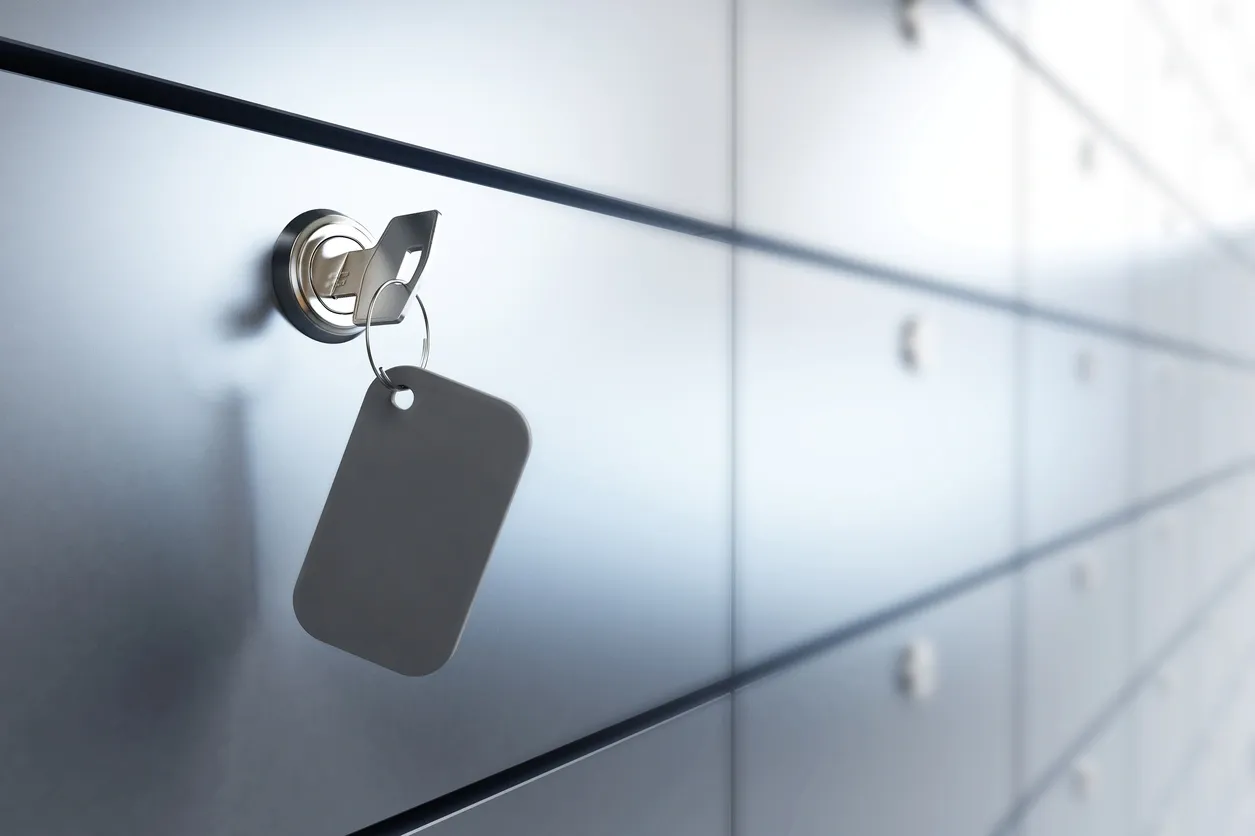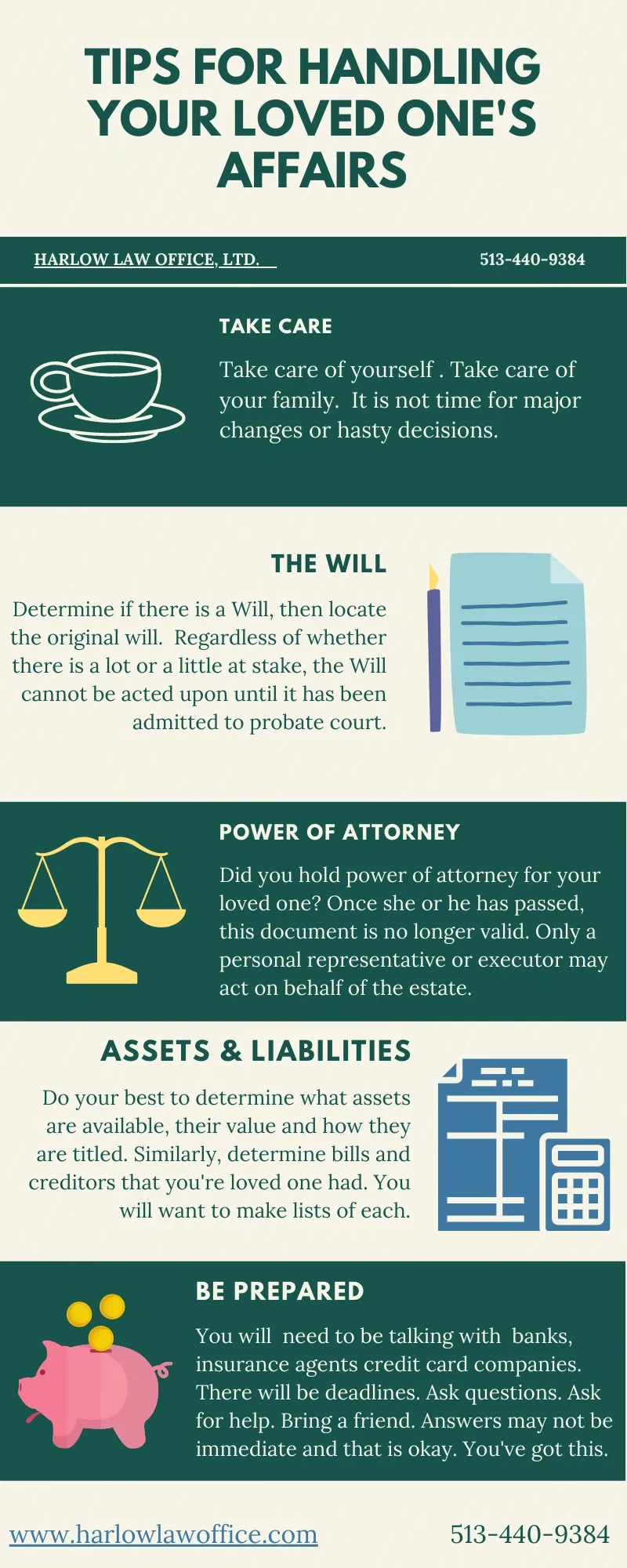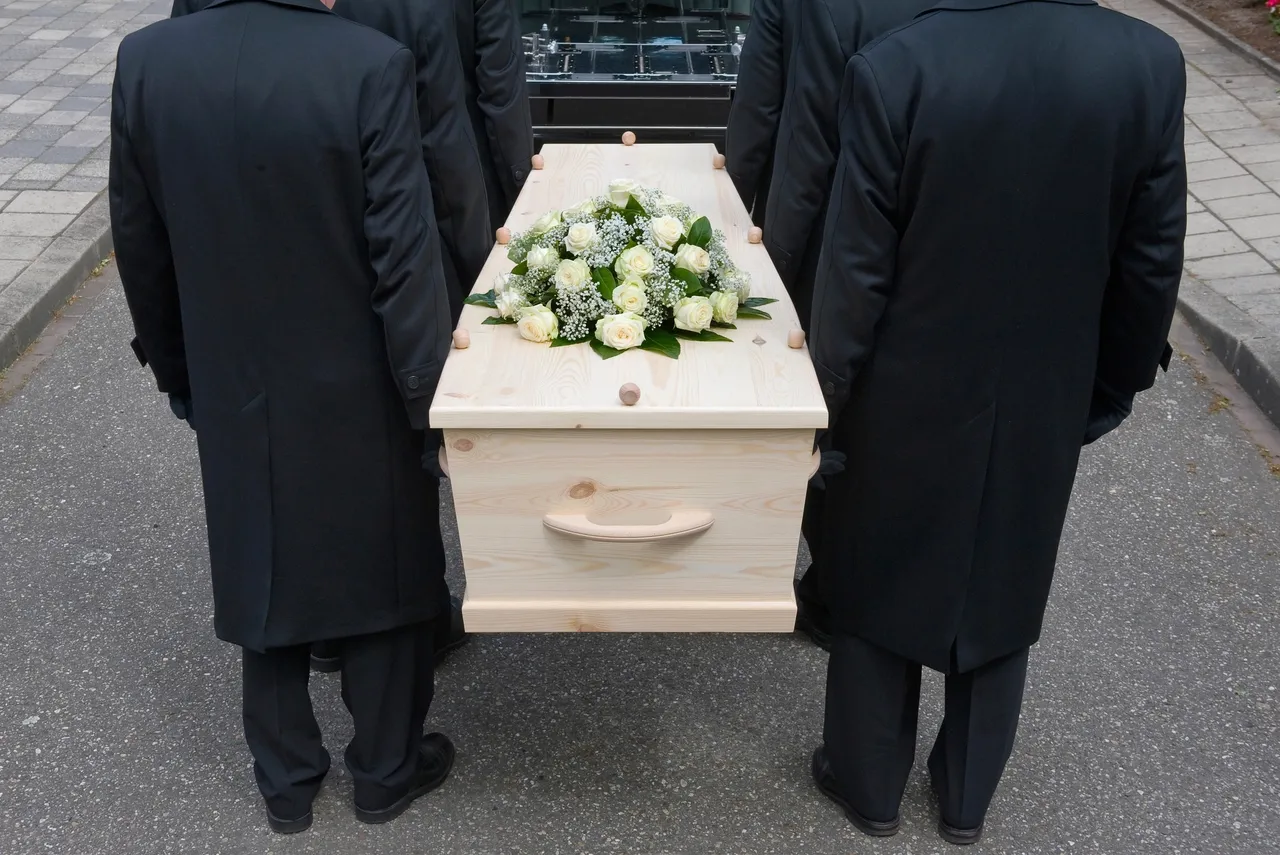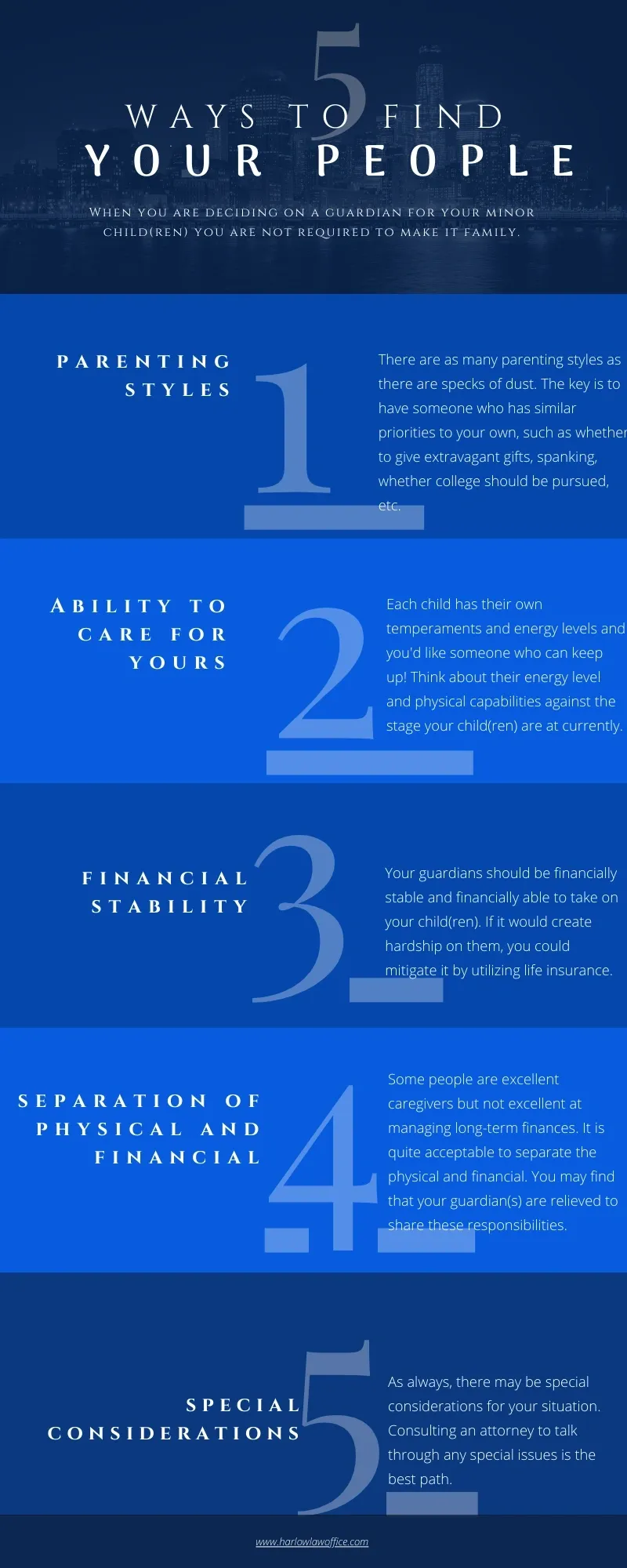All estate plans should include, at minimum, two important planning instruments: a durable power of attorney and a will. A trust can also be useful to avoid probate and to manage your estate both during your life and after you are gone. In addition, medical directives allow you to appoint someone to make medical decisions on your behalf. Once you have all these essential estate planning documents, you need to make sure they are stored properly and get to the right people.
Store the Documents Properly
Your estate planning documents should be stored in a safe, secure location that is accessible to your personal representative (also called an executor), the person you appoint to handle your estate’s affairs after your passing. Some law firms will store your original signed documents for you. If you want to keep them at home, you should use a water- and fire-proof safe or filing cabinet. Many people use a safe deposit box in a bank, but these can be hard for your representative to access. Often the documents giving your personal representative the right to access the safe deposit box are themselves in the box. If you do use a safe deposit box, you may want to have a joint owner on the account.
Spread the Word
It is critical that you tell your personal representative where the documents are located so that he or she can easily access them when needed. If the documents are locked away, your representative needs to know the combination or where the key is located.
You should also talk to other people who might be affected –such as your agent under a power of attorney or a health care proxy–about what you want if you are unable to communicate your wishes yourself. Doing this ahead of time will help them execute your wishes when the time comes. You may want to give family members copies of your documents. If an original document is lost, the court may accept a copy in some circumstances.
Avoid Confusion
Make sure you destroy any old estate planning documents that are no longer valid. Old documents can cause confusion among family members and could lead to litigation.
In addition, do not write on your current documents. If you want to make a change, contact Jennifer Harlow to formally change the document. Handwritten additions are usually not valid and could raise questions about the document.





